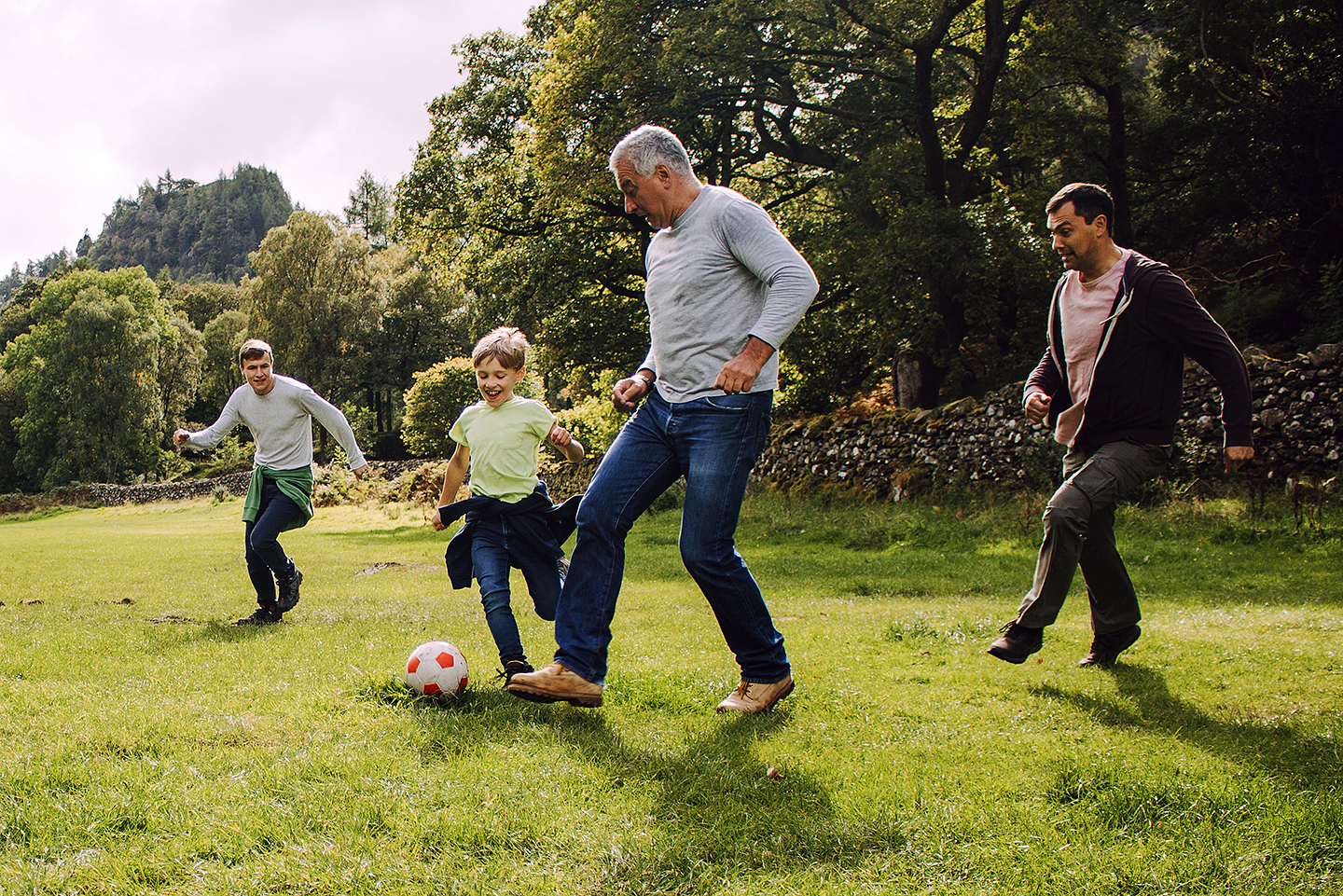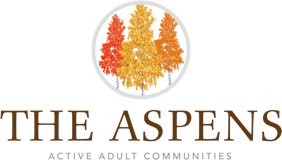The Life-Changing Benefits of Exercise – Especially as We Age
In 2020, only one-quarter of adults 18 and over met the U.S. Department of Health and Human Services’ overall physical activity guidelines, with the most common barrier being time. The statistic is surprising, given the heaps of research that tell us how good exercise is for us, especially as we age. But do we know just how good? Activity can do everything from improve your mood to prolong your life – and those are benefits worth making time for.

Exercise is linked to:
- Brain health: Physical activity, especially of the aerobic variety, can improve blood flow to your brain, reduce inflammation, lower levels of stress hormones, and promote the growth of new brain cells. Exercise has even been shown to potentially prevent dementia.
- Weight management: You’ve probably heard the phrase that “you can’t out-exercise a bad diet,” which is just another way of saying most weight loss comes from decreased caloric intake, not increased physical activity. However, studies show us that the best way to maintain a healthy weight is through regular physical activity.
- Disease prevention: Exercise can help regulate your blood sugar, which is critical to preventing type 2 diabetes. Increasing your heart rate through activity can help keep that muscle healthy – and protect you against heart disease. There is even strong evidence that higher levels of physical activity can lower your risk of several types of cancer.
- Muscle and bone strength: Building muscle through exercise is pretty self-explanatory. But muscle strength also leads to bone strength: Stronger muscles pull harder on bones; in response, your body strengthens your bones to better bear the load. For older adults, stronger muscles and bones can improve balance and coordination, leading to reduced risk of falls and slowing bone loss (osteoporosis) – both of which can mean fewer fractures. While aerobic exercise improves brain health, resistance training is the key to muscle and bone strength.
- Improved mood: Physical activity may help increase the production of endorphins – the neurotransmitters that make you feel good – and help keep you connected to others. In one study, moderate and high physical activity were associated with significantly reduced rates of severe loneliness and social isolation.
Remember that some activity is better than none at all, so look for ways to sneak more movement into your day:
- Take the stairs
- Walk instead of drive
- Take your dog – or a friend’s – for a walk
- Declutter your closet, organize your drawers or clean out the fridge
- Make exercise a social activity with yoga, pilates, tai chi, swimming and even dancing, or get competitive with pickleball and golf
Staying active is easier when your living conditions encourage it. That’s why Aspens Senior Living creates communities with wellness in mind: unique fitness classes, planned group outings and more will keep you entertained, active and connected. Find out more about life at The Aspens.

